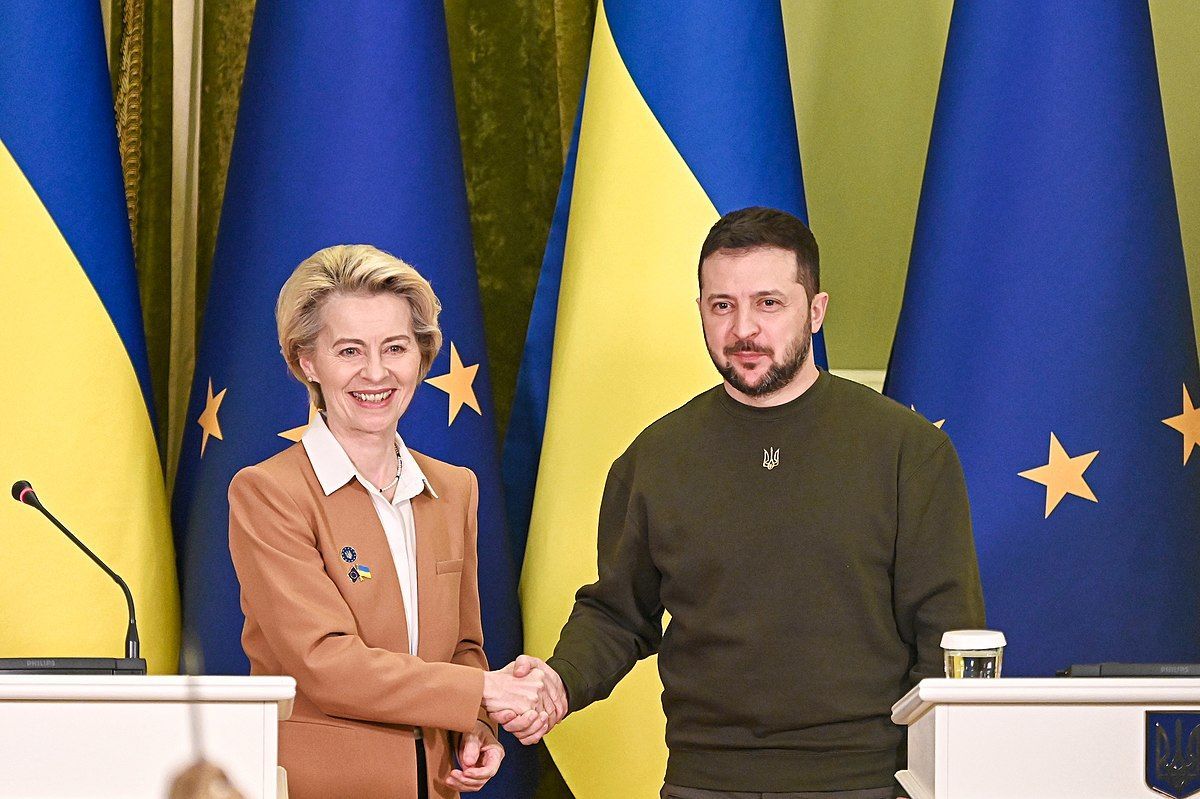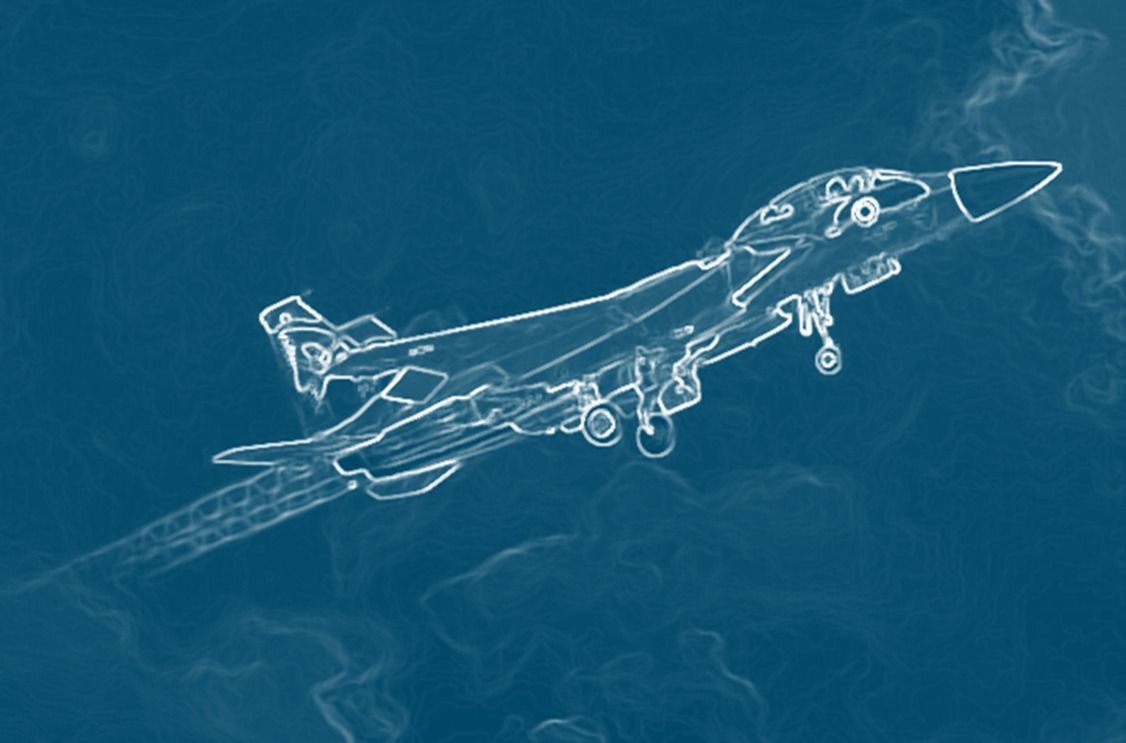Nordstream 2: Caution Germany! Hegemons are at Work
Graham Earley
5 March 2021
Nordstream 2 may well be the most controversial energy project in Europe since the Cold War. Its opponents claim the pipeline will undermine Europe’s geo-political security, and they are using every tool at their disposal to stop it. Still, a critical look at their actions and arguments outlines the problems of international power diplomacy and the pitfalls of geo-politics.
A cursory reading of the press would suggest that the early months of 2021 have been good for the opponents of the controversial gas pipeline. The Biden administration has expressed satisfaction that US sanctions are having the desired effect and late in February it was able to announce that 18 European companies, including insurance giant AXA, have stepped away from the project. In January, the European Parliament backed a resolution calling for the bloc to stop the completion of the Nord Stream 2 in response to the arrest of Kremlin critic Alexei Navalny. Finally, last week the Atlantic Council hosted a seminar of ‘dissident European voices’ who roundly condemned the project.
Yet, a deeper dive suggests a different story. In early February, Offshore Energy reported that Denmark’s Maritime Agency had notified shippers that prohibited areas near Bornholm would be established to facilitate the safe operation of the pipe laying ship Fortuna and supporting vessels. According to a statement from the Danish Energy Agency, its construction in Danish waters should take until mid-May. In turn, Nord Stream 2 AG announced that it plans to complete its work in Danish waters by the end of April. Once the 120km of pipeline needed to cross the Danish Exclusive Economic Zone has been laid, the focus of activity will change to German waters. Only 30 km more will be required before landfall in Mecklenburg-Western Pomerania.
In this Eastern German state, the regional Social Democratic Party (SDP) government has established a ‘climate foundation’ to promote the environmental virtues of Russian gas delivered by Nordstream 2. At a national level the EU and the US have been gently, but firmly rebuffed. The new leader of the ruling Christian Democrats, and probable Merkel successor, Armin Laschet, stated in January that Germany’s Nordstream 2 position has not changed despite the arrest of Navalny. On domestic energy issues Lachet simply commented that “Germany decides”.
The arguments against the pipeline can be divided into three interlinked categories: the geo-political, the environmental and the economic. Each has champions with whom the German state is deeply and (mostly) cordially intertwined. Yet, they are not getting the required traction where it matters. These critics fervently believe that the case against Nordstream 2 is overwhelming. Yet, the evidence on the ground (or rather beneath the sea) suggests that the key Western stakeholders are not listening. This begs the simple question: Why not? To answer that question, let us examine the arguments in turn and then try to unpack why Berlin is not being swayed by them.
The geo-political argument is championed in the West by the United States government and in the East by the governments of former Soviet satellites Poland, The Baltic states and Ukraine. Proponents contest that Nordstream 2 is not a commercial project; rather it is a central part of Russian Grand Strategy. This position was summed up by Olha Stefanishyna, deputy prime minister of Ukraine, at the recent Atlantic Council event. She declaimed the pipeline as “part a Russian master plan to undermine the West”. This plan includes: “disinformation campaigns, interference in US and UK elections, armed intervention in Syria, suppression of domestic opposition and, of course, the annexation of Crimea and the occupation of the eastern Donbas”. Ukraine, and other Central Eastern European (CEE) states, she reminds us, have been subject to politically motivated supply disruptions. The anti-Nordstream 2 ‘dissidents’ assembled by the Atlantic Council suggested that gas ‘cut offs’ endured in the East could, in the near future, be experienced in the West. In support of this argument, America has reached into its own geo-strategic toolbox and produced the traditional non-military levers of the hegemon: carrots and sticks. The former is typified by the support given to Eastern European importers of American Liquified Natural Gas (LNG). The latter by the sanctions applied to (some) European companies involved in the pipeline project.
The Environmental argument is championed by the powerful German Green party and their allies in Brussels. Both the Greens and the bureaucrats believe that Gas has a limited future in Europe. The opening address of the Atlantic Council event was given by Manuel Sarrazin, member of the German Bundestag and the Alliance 90/The Green Party. He concurred with the geo-political case and went on to describe the project as “a bet against the climate goals agreed to in Paris”. “Nordstream 2 will only bring a return on investment if Europe does not hold the promises subscribed to in the Paris Accords”. The EU has bought into this agreement and claims that it will both encourage and invest in the ‘Fourth Energy Transition’. This will see the phasing out of fossil fuels in favour of renewables. By 2035 under ‘the max programme’, consumption of gas will be reduced by 75%, and of the four Russian pipelines (including Nordstream 2), only one will be required.
The economic argument is put forward by all of Nordstream 2’s significant opponents. The pipeline will add to overcapacity in the supply of what will increasingly be a transition fuel. After all, Nordstream 1 does not run at full capacity. LNG import facilities combined with reverse flow capability should, in any case, slow the demand for Russian gas. For Viola von Cramon-Taubadel, member of the Group of the Greens/European Free Alliance in the European Parliament, this is then “simply not an economic project”.
Further, if the pipeline is completed, the implicit denial of transit revenues will economically disable Naftogaz Uktransgaz, the Ukrainian gas giant that manages the pipelines going through the country and is Ukraine’s biggest single taxpayer. Should the Ukrainian economy suffer, the country’s capacity to resist Russian aggression will be greatly diminished. Olha Stefanishyna points out that Russia’s proxies in the east of her country have, so far, been careful to avoid damage to the Ukrainian pipeline network. She suggests that the importance of that asset to Russia has, for now, limited Russian aggression to the ‘Grey Zone’. Ms Von Cramon-Taubadel also believes that the collapse of the Ukrainian economy will leave the EU no choice but to play the role of the benign hegemon and ride to their eastern neighbour’s fiscal rescue. This will be funded, of course, by the EU taxpayer, not least the German taxpayer.
Nordstream is then, to quote both US Presidents Biden and Trump “a bad deal for Europe”. For the scheme’s (irony free) opponents, it is worth pulling all kinds of hegemonic influence levers in the name of protecting Germany from similar levers pulled in Moscow. Yet, if we unpack the above arguments, we can perhaps understand why Berlin remains unconvinced.
Germany is Europe’s biggest economy and hence the biggest consumer of Natural Gas, in particular Russian gas. Countries most vocal in their opposition tend to be either less dependent or more willing to use state and EU funds to rectify the situation and import more expensive LNG, often with the support of the USA. Wholesale German consumers on the other hand, are private companies, not state enterprises for whom market realities dictate that energy must come from the most reliable and cheapest source.
More often than not, this will be Gazprom, whose pipeline networks offer a far cheaper form of transit than LNG. Such gas needs to be liquified, put on a vessel, moved across the globe and put through regasification plants. Further, the considerable contribution of the shipping industry to global carbon emissions somewhat damages fracked LNG’s already shaky green credentials. It is true that Germany has made commendable progress in renewable fuels, but it has also committed to shut down its nuclear plants by 2022. This leaves Germany the world’s 4th largest coal consumer. German power generation further, consumes both ‘hard coal’ and the particularly dirty ‘lignite’ variant, which is still extensively used in the Eastern states. In the short to medium term, ‘more gas’ is likely to mean ‘less coal’, and vice versa. Despite cries of ‘green washing’ there may be some justification in Mecklenburg-Western Pomerania cheekily naming its Nordstream 2 advocacy group as a ‘Climate Foundation’.
Despite the success of US sanctions in getting the 18 companies (mainly involved in finance and insurance) to withdraw from the project, none of Gazprom’s major partners in the Nordstream consortium (Engie, OMV, Shell, Uniper and Wintershall) have done so. Their continued presence suggests that they believe their investment will pay off. They are reassured by Germany’s finance minister Svenja Schultz, who stated that “The decision on the pipeline construction was made many years ago. It is close to completion and received permits in accordance with principles of the rule of law. If we stop the project now, we will inflict a great deal of harm, casting a doubt on reliability of decisions made on the basis of principles of the rule of law and would probably face court proceedings.”
The deployment of sanctions, according to Oliver Hermes, the chairman of the German Eastern Business Association, “put a strain on the restart of transatlantic relations” at a time when the new Biden administration offers hope for renewal. The EU parliament may have voted to stop the pipeline but ultimately has little power to dictate domestic energy policy to a member state. The benign transnational hegemon has (mainly financial) influence leavers that it can pull with its poorer neighbours but little in its political or economic toolbox that can alter the course of its own richest member. This beggars the question, does the geo-political and geo-strategic nature of the Nordstream 2 project justify the efforts put into halting it? Putting Germany into one camp, and the US Government and the EU parliament into another, reflects poorly on both transatlantic and intra-EU solidarity. The Kremlin cannot be unaware of this.
To veteran transatlantic analyst Eugene Rumer, the political cost is too high. Sanctions “offer a serious insult to Germany” and “will push Russia into greater energy co-operation with China as it develops alternative markets”. Thus, in favouring the concerns of eastern states like Ukraine over traditional security US partner Germany “our allies are driven apart, and our enemies pushed together”. Germany is certainly aware that America is using geo-economic tools to influence its behaviour. American motives are therefore questioned. Like President Reagan before him, President Trump was quite open about his opinion on how to solve “Germany’s energy supply problem”. For Reagan (who sanctioned companies involved in bringing Soviet oil pipelines into Germany during the Cold War) it was American coal, for Trump it was American LNG.
There is little evidence that Germany is naïve about Russian influencing nor about the nature of Putin’s regime. In the same way that it combined importing Soviet oil with a firm stance on Russia’s policy in Poland, Germany has not held back in its criticism of Russian conduct in either the Navalny affair or the annexation of Crimea. The German government views economic interdependence with Russia as a two-way affair in which each partner can pull its own strings. The Russian need for German money is, if anything, greater than the German need for Russian gas. As the EU drives towards decarbonisation, and Russia’s diversification away from hydrocarbon revenues continues to falter, the balance of power moves inexorably in favour of Germany. In such circumstances, the blunt instrument of politically motivated supply disruptions by Gazprom seems increasingly unlikely to be deployed against a country at the heart of EU policymaking. Ludwig Mohring of the German Federal Association for Natural Gas, Petroleum and Geoenergy (BVEC) argues that “the pipeline does not mean that we will no longer have a choice in the future, but only that we will secure our supply at competitive prices in the long term”. “Even though the relationship between the EU and Russia is going through ‘difficult times’, Europe and Russia have an interest in living in a good neighbourhood in the long term.”
“Living in a good neighbourhood” is certainly not how the Ukrainian government would see its position in regard to Russia. It wants the EU and the USA to use every tool in the strategic box to protect it from Russia. Nor is it beyond using such tools itself, as evidenced by its manoeuvrings around the supply of freshwater to the Crimean Peninsula. The uniting element of geo-politics, geo-strategy and geo-economics is geography. The Ukraine cannot change its geography, and strengthening its political and strategic position by joining NATO or the EU is not on the table. Ms Von Cramon-Taubadel (above) warned that shorn of transit revenues, the Ukrainian economy will need to be bailed out by the EU. However, Nordstream 2 is not the only threat to those revenues. If the EU’s decarbonisation progresses as Brussels says it will, then the Ukraine will see that income rapidly dwindle towards 2035. It will then need hegemonic support from the EU if it is to remain a viable state, able to manage relations with its eastern neighbour. The EU’s capacity to offer support will depend not least on its biggest contributor: the German government and ultimately the German voter. A Germany that feels hard done by its transatlantic and EU partners may be less inclined to offer help.
About the author:
Graham Earley was educated at London University’s School of Oriental and African studies. He joined BP in 1988 and worked in the oil and gas industry for 30 years. He further holds a master’s degree at the University of Exeter’s Security and Strategy Institute.











